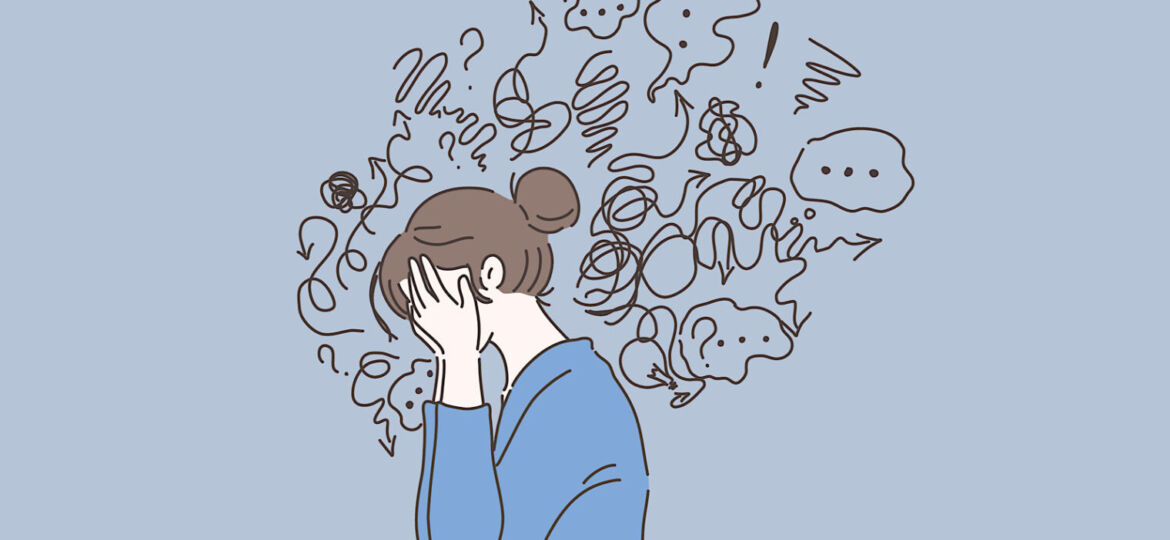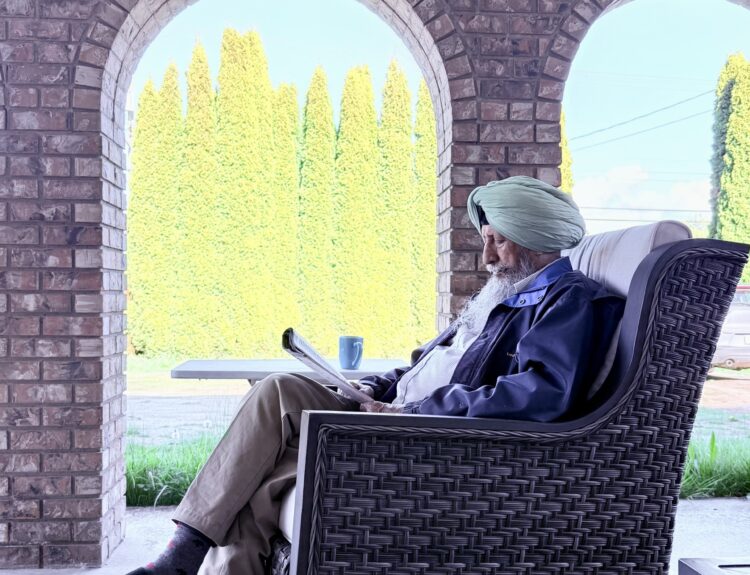By Balwant Sanghera
The pandemic and global warming have turned our world upside down. We see drastic changes all around us. The devastating wildfires in BC, North West Territories and other parts of Canada and the world, the raging floods in some parts of the world and the on-going war in Ukraine have added further to people’s anxiety. These drastic changes are evident not only in the weather patterns but also in the human behaviour. Such strains and stresses have resulted in multiple problems such as anxiety, depression and numerous other mental health issues. Take anxiety, for example. In a recent article in the Washington Post reprinted in The Province, Dr. Luanne Marques, Associate Professor of Psychiatry at Harvard School of Medicine has tackled the issue of anxiety very well.
In this article, Dr. Marques describes anxiety as an unwelcome house guest. She goes on to state that anxiety causes a lingering presence that causes tension and it clouds the mind. The author goes on to state that when we avoid certain situations and decisions, it can lead to heightened anxiety and more problems. She calls it psychological avoidance. There is no doubt that psychological avoidance offers temporary relief but in the long run it makes the situation even worse. It is like temporarily burying your head in the sand in order to avoid a tough situation. We must keep in mind that the problem is still there and that eventually we have to deal with it. Rather than solving the problem it compounds it. In order to deal with the problem, Dr. Marques suggests three very practical strategies…

According to her, the first step we need to take is reframing the problem that is the cause of our anxiety. She calls it Shifting- meaning checking with your thoughts. This strategy involves putting on a new context to the problem… She compares it to cleaning the lens of your glasses and removing any mental fog. In this regard self- talk can be a very valuable tool in enhancing ones confidence in order to solve the problem at hand. Changing ones thought pattern and putting on a positive spin on ones thought process goes a long way in dealing with anxiety. Imagining positive scenarios/situations and beginning to see the world in colour is a good start to overcome anxiety. This leads to Marques second strategy called Approaching.
Dr. Marque states that Approaching is the opposite of avoiding. She suggests that taking a step by step approach to solve a problem is a great way to reduce anxiety. She suggests that a person suffering from anxiety should ask himself/herself as to what is one small step he/she can take in order to overcome fear and anxiety. Even the smallest act of facing our fears can rewire the brain to deal with anxiety rather than sidestepping it. This leads her to the third and final strategy called Aligning. She suggests that we should make every effort to align our daily actions to what matters to us the most-our value system. Our values, rather than our emotions, should dictate our actions. She goes on to state that in moments of intense anxiety, we tend to let our emotions, and not our values, dictate our actions. She emphasizes that in order to live a value driven life, we need to first identify our values and then dedicate time and effort towards that end. This can reduce anxiety and improve the quality of our lives.

Balwant Sanghera is a retired School Psychologist and Community Activist.















7 Comments
MM88
1 month agoVới giao diện mượt mà và ưu đãi hấp dẫn, MM88 là lựa chọn lý tưởng cho các tín đồ giải trí trực tuyến.
iwin
1 month agoiwin – nền tảng game bài đổi thưởng uy tín, nơi bạn có thể thử vận may và tận hưởng nhiều tựa game hấp
Fugitive Recovery Agent Badges
1 month agoThis was an excellent read. Very thorough and well-researched.
Kuwin
1 month agokuwin sở hữu kho game đa dạng từ slot đến trò chơi bài đổi thưởng, mang đến cho bạn những giây phút giải trí tuyệt vời.
Kuwin
1 month agokuwin sở hữu kho game đa dạng từ slot đến trò chơi bài đổi thưởng, mang đến cho bạn những giây phút giải trí tuyệt vời.
GO88
4 weeks agoTham gia cộng đồng game thủ tại Go88 để trải nghiệm các trò chơi bài, poker phổ biến nhất hiện nay.
iwin
4 weeks agoiwin – nền tảng game bài đổi thưởng uy tín, nơi bạn có thể thử vận may và tận hưởng nhiều tựa game hấp